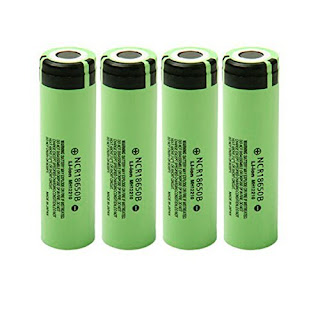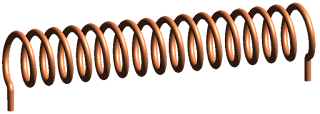Lithium-ion Battery

Lithium-ion batteries are common rechargeable batteries for portable electronics, with a high energy density, tiny memory effect and low self-discharge. Lithium-ion batteries are also growing in popularity for military, electric vehicle and aerospace applications. Invention Lithium batteries were first proposed by British chemist M Stanley Whittingham, now at Binghamton University, while working for Exxon in the 1970s. He proposed a lithium-titanium disulfide battery, which was discontinued because of the high cost of titanium disulfide also when exposed to air, titanium disulfide reacts to form hydrogen sulfide compounds, which have an unple...
